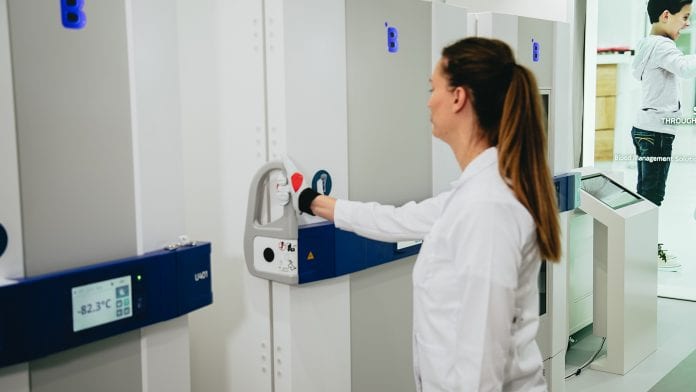
Understanding COVID-19 and the vaccine cold chain
B Medical Systems discusses the importance of reliable, high quality bio-medical storage and the crucial impact of the vaccine cold chain.
Optimal cold chain infrastructures are vital if vaccines are to reach healthcare facilities at temperatures where their efficacy remains unchanged. The COVID-19 pandemic has not only highlighted the disparities in vaccine roll outs around the world but the logistical hurdles that can arise when transporting and storing medical equipment at ultra-low temperatures. B Medical Systems offers a range of cold chain solutions that can be used to store and transport vital vaccines, medicines and samples around the world. Here, they tell Health Europa Quarterly (HEQ) about some of the key challenges in the vaccine cold chain and how their over 40 years in operation have helped them become a global leader in providing cutting-edge medical devices.
What sets B Medical Systems’ refrigeration units apart from similar products on the market?
The main factor that sets B Medical Systems apart from other manufacturers out there is our history as experts in the provision of cold chain solutions for vaccines. During our 40 plus years of operations, we have gone through all the ups and downs of the industry; testing our equipment in the most rugged territories in the world. Our main business is in the vaccine cold chain in Africa, South America and Southeast Asia and the experiences that we gained from those areas flow into every product that we have.
What key challenges have you experienced related to transporting vaccines in inhospitable regions?
The main challenge is logistics. Most people will have a refrigerator at home but there are a lot of areas and households in the world that do not have access to power, and the same is true of medical facilities. How do you get a vaccine that is produced with the highest standards in some Western countries – be it Germany, the US, or the UK – to areas without the necessary facilities to keep vaccines stable and stored correctly?
Aside from storing the COVID-19 vaccine, what are some other existing or potential applications for ultra-low temperature freezers?
Any kind of current or future mRNA vaccine that needs or will need to be stored for a long period of time will require storage in an ULT freezer. This though would not be required for those vaccines that only need to be stored for up to two weeks, for instance, but certainly any biological specimen – human, animal and even plant specimens – that you want to store over a longer period need to be stored in an ULT.
Read more at Understanding COVID-19 and the vaccine cold chain
Share your comments and opinions with us, and subscribe us to get more updates.





